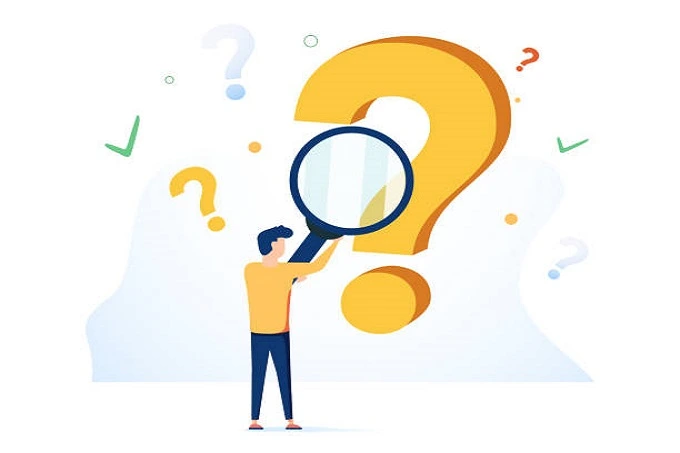Each of us has abilities and strengths. But when you look at your “I,” you try to figure out what you are good at, but nothing comes to mind. Do not get upset—using a few tips to help you discover your abilities and qualities is better.
8 ways to recognize your strengths when they seem absent
1. Notice what the inner critic tells you and fight with him
The inner critic’s words often do not allow us to realize how good we are. The habit of thinking badly about yourself can result from an unpleasant life experience or a temperament. But it’s worth giving her a fight to realize you’re good enough and have enough strength. “Try to go out on a reconnaissance mission,” and talk to yourself not in a negative way but as if you are with your best friend.
Don’t you notice your friends’ good qualities and abilities and cheer them up? It would help if you did the same with yourself. For example, when you think you can never do anything right, take a break and think: how many tasks have you completed well? Remember the moments that refute your unpleasant thoughts — they can prompt you to realize your strengths.
Perhaps you know how to pull yourself together and end things, are not afraid of responsibility, or do not give up, even when it is tough. These qualities are not typical for every person, and you need to appreciate yourself for them.
2. Do something that scares you
Courage is not the absence of fear but the ability to do things despite it. If you are unsure what strengths you have, you may not have the opportunity to use them for their intended purpose. Therefore, you should regularly try something that scares you. No, we are not talking about extreme sports or unjustified risks.
We may be afraid of small things, such as talking to strangers or cooking a new dish, because we suspect these undertakings may fail. So, to understand what you’re good at, you must do what’s scary. You will discover that you can talk to anyone only after conversing with different people. And you can realize that you have great strength and indefatigable will if you take on a difficult project.
3. Reflect on past experiences
Our past experiences are a storehouse of lessons about who we are. Remember the moments in your life when you were proud of yourself. What did you achieve, what skills did you use for this, and what satisfied you in these situations? You can identify some of your strengths and unique abilities by looking back at positive memories and asking yourself these questions. For each situation that comes to mind, you can write down the skills that you used. This will help you list your strengths, which you can return to now and then.
4. Forget about modesty
Sometimes modesty prevents you from telling yourself: Yes, I’m good at this!” So, it’s time to forget about embarrassment to understand better what you are doing. Let’s say you’re great at planning dinner parties, and you like to organize events. So tell yourself: “I know how to calculate all the details, organize leisure time, and think through everything that may be important for guests — these are my strengths.” Analyze what else you can do well, and then ask yourself: what qualities and skills help you do this?
5. Uncover the power of vulnerability
Another way to illuminate your strengths is to ask friends and family what they think you’re good at. It can be scary to show vulnerability and ask such a question, but this dialogue will be helpful and enjoyable. It will also help you look at yourself through other people’s eyes and receive compliments.
6. Think about what warms your heart
Our strengths are closely related to what brings us happiness and pleasure. Think about what activities make you feel purposeful, motivated, and satisfied. For example, you can find comfort and joy in helping someone, which means empathy is your strong point. And if you get excited about performing in public, then you are a confident person who does not depend on the opinions of others and strives to give, not just receive.
7. Become the best student in life
It is helpful to develop a growth-oriented mindset. By believing that you can achieve more, you expand your horizons; you are not afraid to leave your comfort zone and gradually become the best version of yourself. Determining what you’re good at is not just about paying attention to your qualities and skills. It’s also about understanding what you must learn to develop your strengths.
By constantly learning, you open yourself up to new opportunities and find something in yourself that you can and should appreciate. Visit. A F R I N I K . C O M. For the full article. That’s why you shouldn’t stop there — striving for development and learning new things; you will be able to notice how you develop qualities and skills worthy of respect and recognition.
8. Stay true to your values
Our core values are the compass of our soul. They light the way to a meaningful and enjoyable life. They are not our strengths but largely influence our character traits and skills. Think about what values you consider the most important, and then reflect on what qualities you could acquire thanks to them.
For example, if you believe that family is the most important thing in life, you learn to develop patience and compassion and selflessly take care of your loved ones. Often, our values naturally fuel our strengths—that’s why it’s important to reflect on them to understand what you’re good at.
